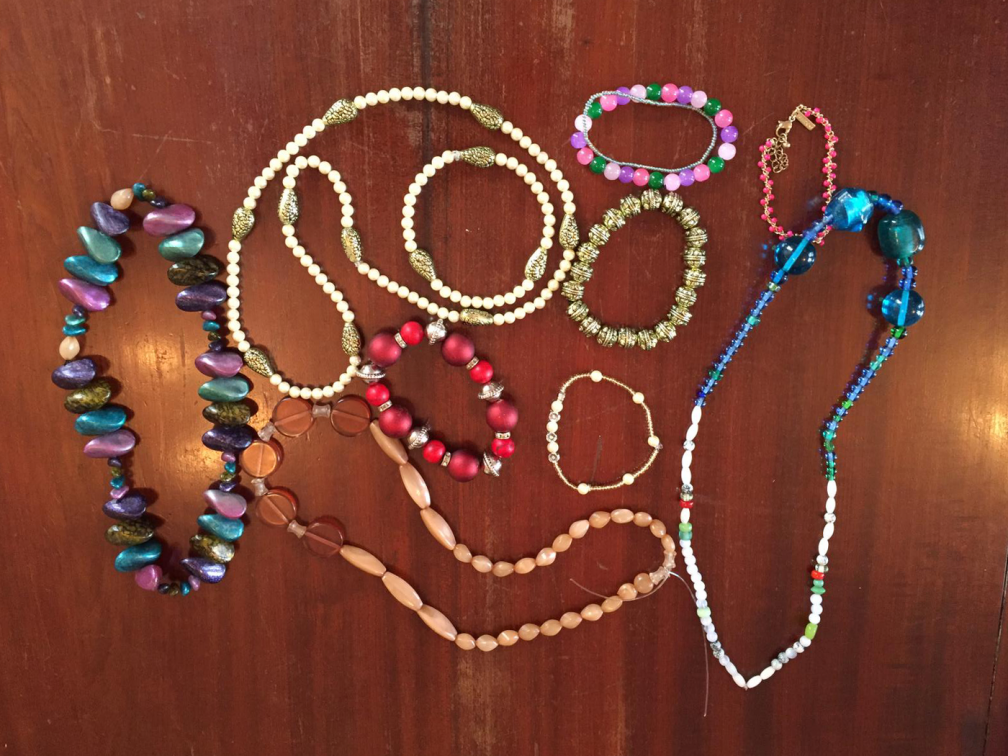The celebration of International Women’s Day finds its origins back in 1909 in remembrance of the 1908 protest in New York, which saw female textile workers marching and demanding better working conditions and rights. However, according to the United Nations (UN) a significant date is in 1848 when two American women, at being prevented from speaking at an anti-slavery convention, organised and gathered hundreds of people at their country’s first women’s rights convention in New York, USA.
Fast forward a hundred years and, despite much advancement in society, women still fair differently to men. Pope Francis in his Evangelii Gaudium Apostolic Exhortation urges humanity to address this injustice, particularly for ‘those women who endure situations of exclusion, mistreatment and violence, since they are frequently less able to defend their rights’ (212). At the same time, it has to be acknowledged that the church itself has a pending issue when it comes to gender equality.
The UN claims that although the Refugee Convention has historically been interpreted through a framework of male experiences which has often led to women’s claims being unrecognised, substantial progress has been made in gender equality in the past 30 years. Furthermore, even when gender is not specifically identified in the refugee definition, it is widely accepted that this affects the type of persecution that individuals experience. Gender-based violence includes several forms of harm, including rape, sexual assault, forced prostitution, forced marriage, female genital mutilation or a combination of these. However, in order to gain refugee recognition, having experienced one of these is not enough. Women have to demonstrate that they have a well-founded fear of persecution if they were to be returned to their homes. Women seeking protection continue to be excluded and discriminated against.
Last year, the ‘Women for Refugee Women’ in their Report ‘Will I ever be safe?’ highlighted a ‘culture of disbelief’ and the ‘burden of proof’ that affects both men and women. However, it is more pronounced in women for whom the disclosure of sexual violence during the asylum application to male interviewers is a significant challenge. Despite existing Home Office guidelines, a research showed that almost 60 per cent of the asylum seeking women had been interviewed by male officers.
In Birmingham, the Columban Missionaries run a house which offers sanctuary to destitute women, Fatima House. This is a partnership initiative between the Archdiocese of Birmingham, Caritas and Father Hudson’s Care, and was set up in 2016 as a response to Pope Francis’ call to congregations around the world to respond in concrete ways to the migrant crisis in Europe. Fatima House aims to offer a welcoming space to women who feel rejected by the system and marginalised by society.
As a way of marking International Women’s Day this year, Fatima House ran a number of Covid-safe activities last week to celebrate the diversity of those who live in the house. The women engaged in activities such as jewellery making using recycled beads and old neckless which had been donated to the project. They also had a pampering session where they explored how the use of natural products, such as cucumber, can enhance their skin!
The women began planting seeds for their garden project which will soon be planted outdoors in their communal garden once the weather warms up! The women decided that this year they wanted to grow tomatoes, cucumbers, courgettes, lettuce, basil, coriander amongst other things. It was an opportunity for them to connect with the flavours and smells that bring back memories of childhood and growing up. The session concluded with a traditional afternoon tea, made from a variety of spices and without milk!
During the week the women were treated to a Pakistani lunch which was followed by some mindfulness exercises, although I heard there were plenty of giggles and not much meditation! They also got creative and made origami flowers which will be put together in a blossoming cherry tree display near the entrance of the house.
It was a wonderful week of celebration for all the women at Fatima House and the Columban volunteers too. International Women’s Day is a time to appreciate the many talents and skills of women as well as their strength, resilience and diversity. It was great to do this with those living at Fatima House who continue to seek equality and protection.






